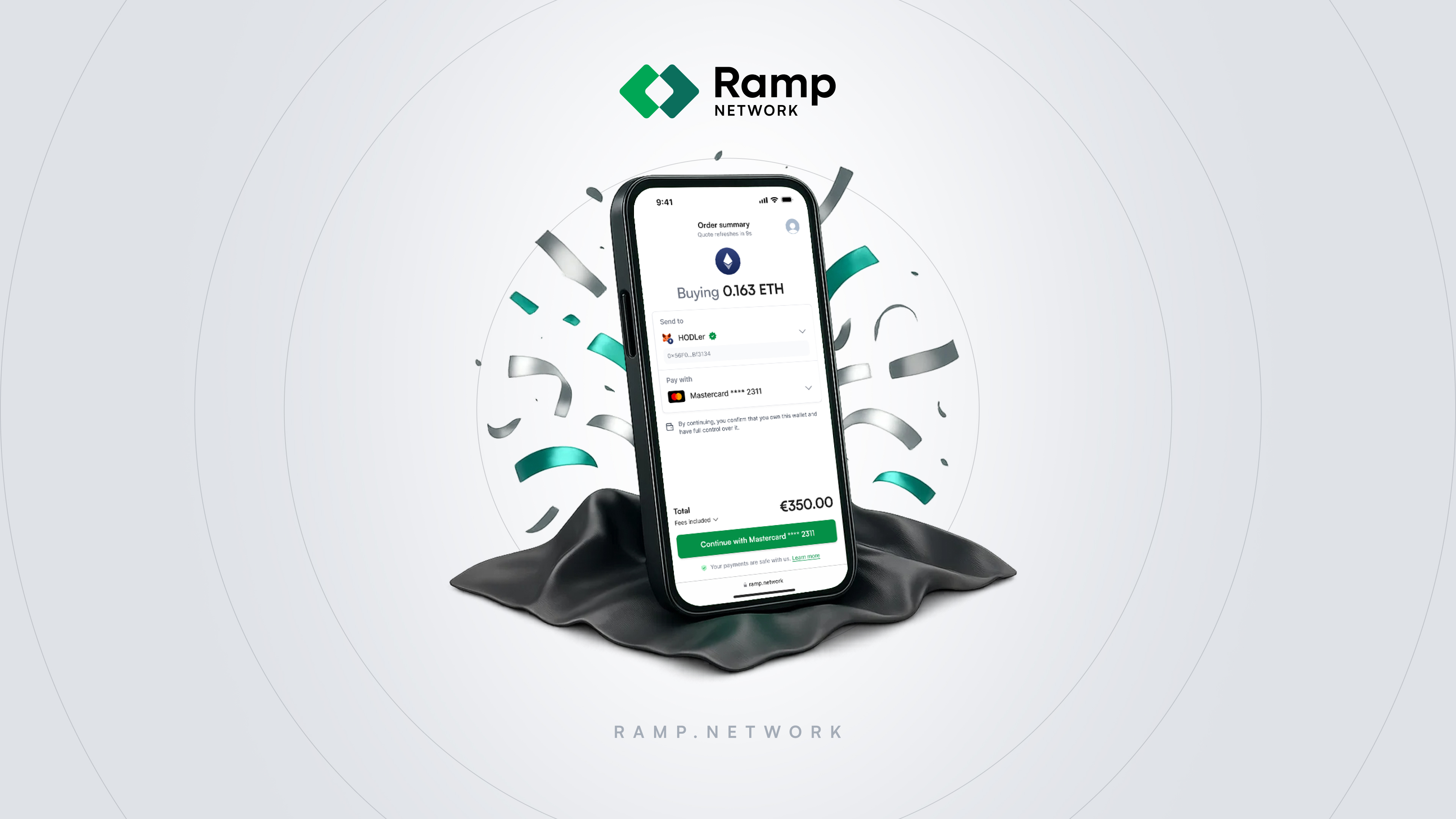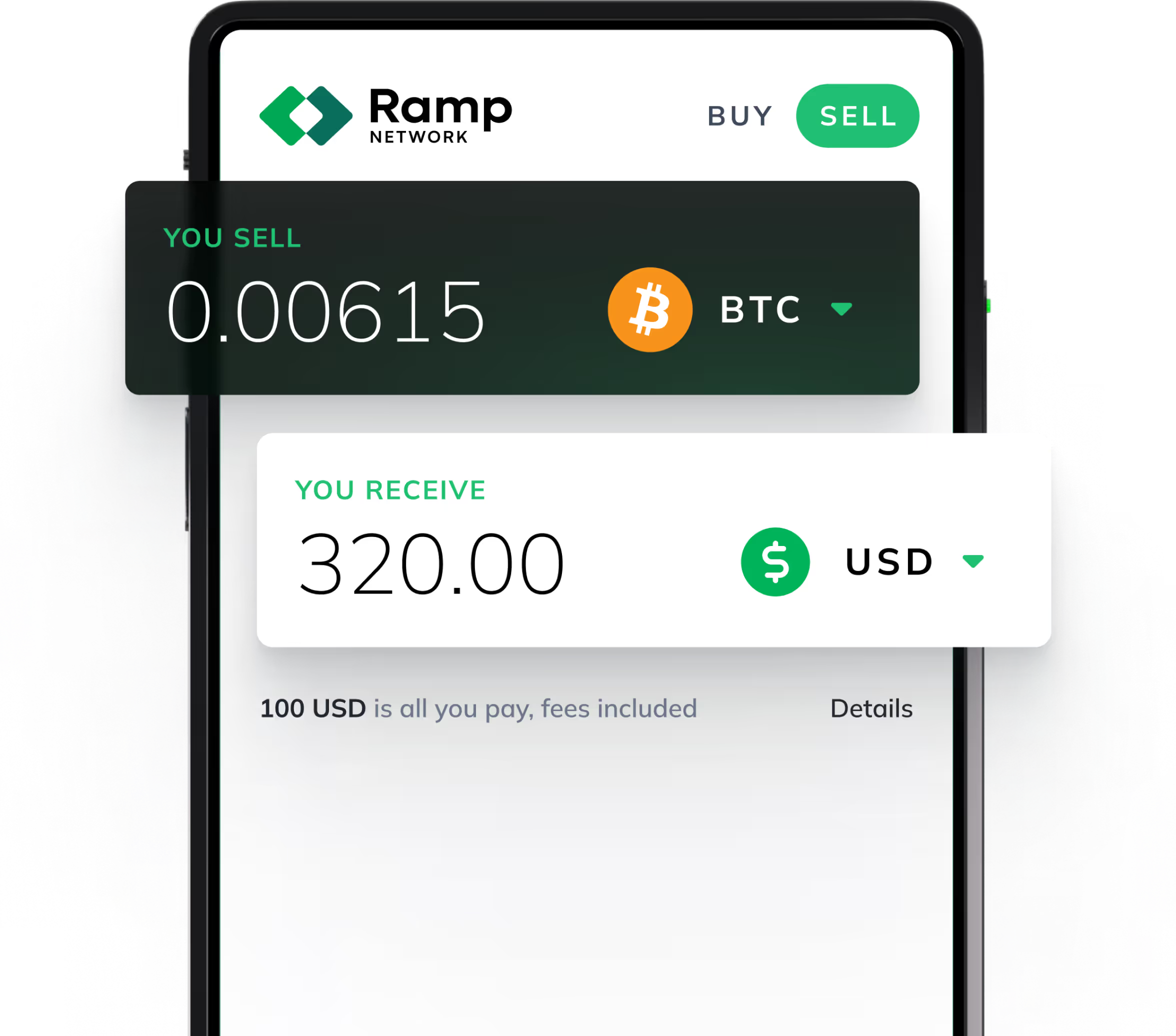

Echo chamber effect
As a new technology based on some really advanced technical and economical mechanisms, the current bulk of active crypto community is made up of people very invested in the subject. Not just financially, mind you, but also emotionally and with their time. The problem is, having a great community around you sometimes creates a bubble effect: you hear mostly the same opinions and often assume things that seem obvious from the interactions around you, but might not necessarily represent a bigger picture.
Especially early on, one needed to set up a wallet, find some crypto exchange services and often go through laborious verification means and wait a while before actually owning some crypto. This was fine for the most determined of all; people willing to jump through pretty much any hoops to get what they want. These kind of persona is often called called an early adopter.
Power users and enthusiasts provide an extremely valuable point of view, but most of the time a product's core user base is largely constructed on anonymous, casual users. The number of these may be staggering: while not vocal, these can be anywhere between 30 to 80% of a typical user base.
Obviously, they have slightly different needs. Some features that are not always the most popular or never sprung up in debate may turn out crucial after gathering sufficient data or polling a bigger audience.
In short: always assume there are needs, preferences and requests outside of ones you know of. Even if a crypto on-ramp (a way to buy crypto with fiats, aka "traditional money") is not at the top of your current backlog, it's likely that many non-vocal users do want it. The best way to combat such silent misunderstandings is to often poll your audience and give quick ways of passing feedback with minimal involvement (for instance, an embedded widget instead of a separate, account-based channel).
The possible gains are quite impressive: for example, due to Ramp Networks' great UX (UX Award at DevCon5) and easy native integration, users feel much more secure and willing to buy crypto. In a recent integration, Sorare have partnered with Ramp Network to provide a streamlined, easy experience of getting cryptocurrencies to buy their favorite football players. Thanks to Ramp Network, the process of buying cards is 40% faster. Players used to have to leave the Sorare website, create complicated wallet set-ups and verify with third-party exchanges to make a single purchase. Now Sorare creates a smart contract-based address in the background for the user and Ramp Network allows them to top up instantly without ever leaving the app or giving data to 3rd-party exchanges.Players can now focus on the actual game, not technical means of being able to buy cards.
The coming masses
According to Statista, the current number of unique active users of cryptocurrency wallets is estimated to be between 2.9 million and 5.8 million. That's a hefty amount, but it pales in comparison to the current number of overall Internet users at 4.66+ billion souls.

As we all know, crypto adoption is through the roof (source: Forbes) and there are no signs of slowing down. In fact, quite the contrary. This means that you not only have to prepare for today, but also for tomorrow: millions upon millions of people will want to get into crypto, and an on-ramp solution is a great way to enable them to do so.
The passers-by
A peculiar mix of the points above are users that might be called passers-by. They don't necessarily follow the industry (so they're not a part of the echo chamber's outer ring), but at the same time do not belong to the mass influx of people that is bound to happen soon and has no knowledge of your existence whatsoever.
Rather, passers-by mostly "get" what crypto is and how it works. They might even be aware of the existence of your products and services. They never converted or churned, though, because they lack something (be it time, money, features or good tutorials) to change their state. Think of them a bit like of people passing by a shop window in a busy alley: they are not customers yet, but they know you';re there and some will return in the future once their needs or the shop's offerings change.
Lowering the barrier of entry and allowing quick and easy tests is quite important and may lead to a surprising growth in business.
Sorare case study
One of the integrations we did recently was Sorare, a digital fantasy soccer collectible card game. Despite having blockchain at its very roots, the company quickly understood that between 80 to 90% of their new players don't know what crypto is. For players, the game simply had an in-game currency. The problem is, while most non-crypto games have an extremely easy system of purchasing credits, Sorare was making users go to an external crypto exchange platform (not to mention creating a wallet in the first place). This had a quite big impact on user experience and satisfaction.

To combat this, Sorare have partnered with Ramp Network to provide a streamlined, easy experience of getting cryptocurrencies to buy their favorite football players. Thanks to Ramp Network, the process of buying cards is measured to be 40% faster than before. Initial user feedback is overwhelmingly positive, and analytics show a direct upwards trend.
We have written more details on this integration over here.
Openness and inclusion
The option for anyone to join a new digital revolution is one of the leading advantages of crypto. However, due to the technical complexity and initially high barrier of entry, the industry got stuck in a "for pros" state for quite some time.
Recently this is changing and crypto on-ramps are here to help with this. By implementing a way to easily change fiat (traditional money, such as USD, EUR, GBP, and so on) into crypto, the silent masses of users and to-be-users can finally participate in full and get the benefits of crypto. Importantly, ramp SDKs and APis are chosen and implemented by the developers: what users see in the end is a good-looking, secure checkout screen.
Inclusion is a major part of crypto: it allows people to achieve things otherwise impossible. Local economies use their own currencies to do everyday business. People without traditional loan capabilities (but respectable income) can actually get a decently-priced loan. Lack of centralization and state control makes crypto amazing for propagating free speech and democracy, removing the risk of financial penalties for whistleblowers, protesters and opposition party members.
Soon we will take a closer look at the other side of the coin as well (what's in crypto on-ramps for you as a business), but one cannot underline enough that users and customers are most important for any business, hence why we started here. Stay tuned for part 2.















.png)
.jpg)


